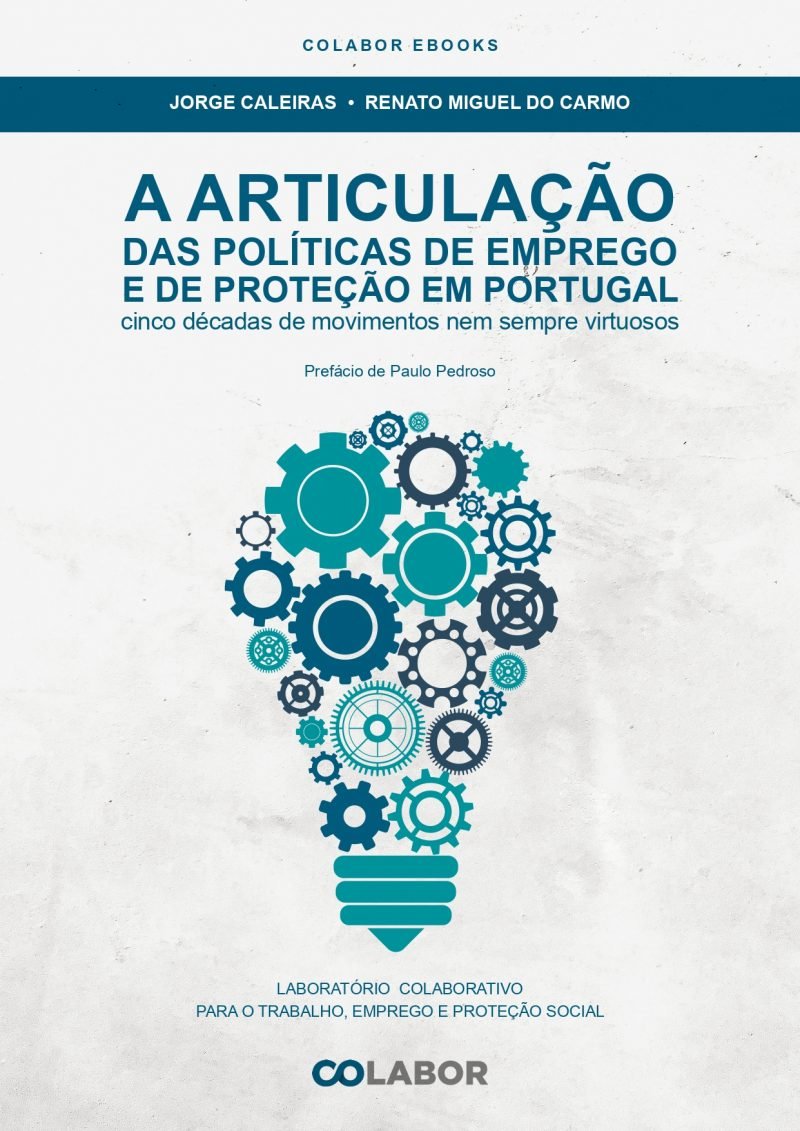The articulation of employment and protection policies in Portugal
This book addresses and discusses the main guidelines of employment and protection policies in Portugal, as well as their articulation over the last five decades. The focus is on two recent critical moments: the 2008 financial crisis and the crisis resulting from the COVID-19 pandemic. To help understand the meaning of the changes, a plural methodological strategy was chosen, capable of diagnosing a multiplicity of information from different sources. The results point in two directions. From a long time perspective, although the evolutionary framework is marked more by continuities than major disruptions, the period is crossed by moments of tension and alternation between policies, and punctuated by two movements: a movement towards social progress and another towards social regression. Oscillating, but not necessarily chronological, these movements can coexist in the same cycles and legislatures. From a short time perspective, it can be seen that the response to the two crises mentioned was different, as were the results. The country responded better to the pandemic crisis than to the financial crisis. Policies matter. However, the aftermath of the pandemic is still uncertain, as is the recovery process.
Keywords: crises, social and employment policies, social (dis)protection, activation, socio-economic vulnerabilities.
Authors: Jorge Caleiras, Renato Miguel do Carmo

